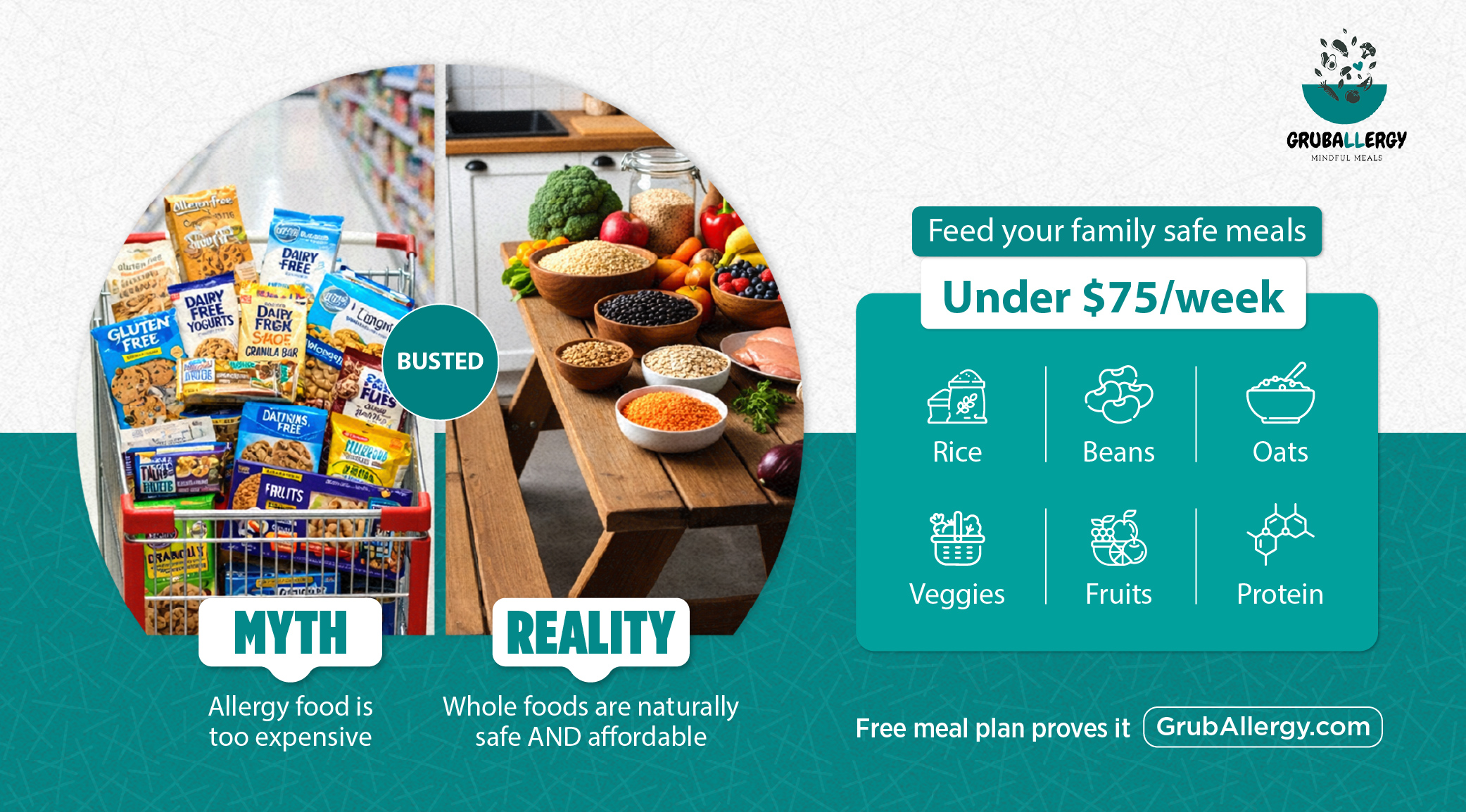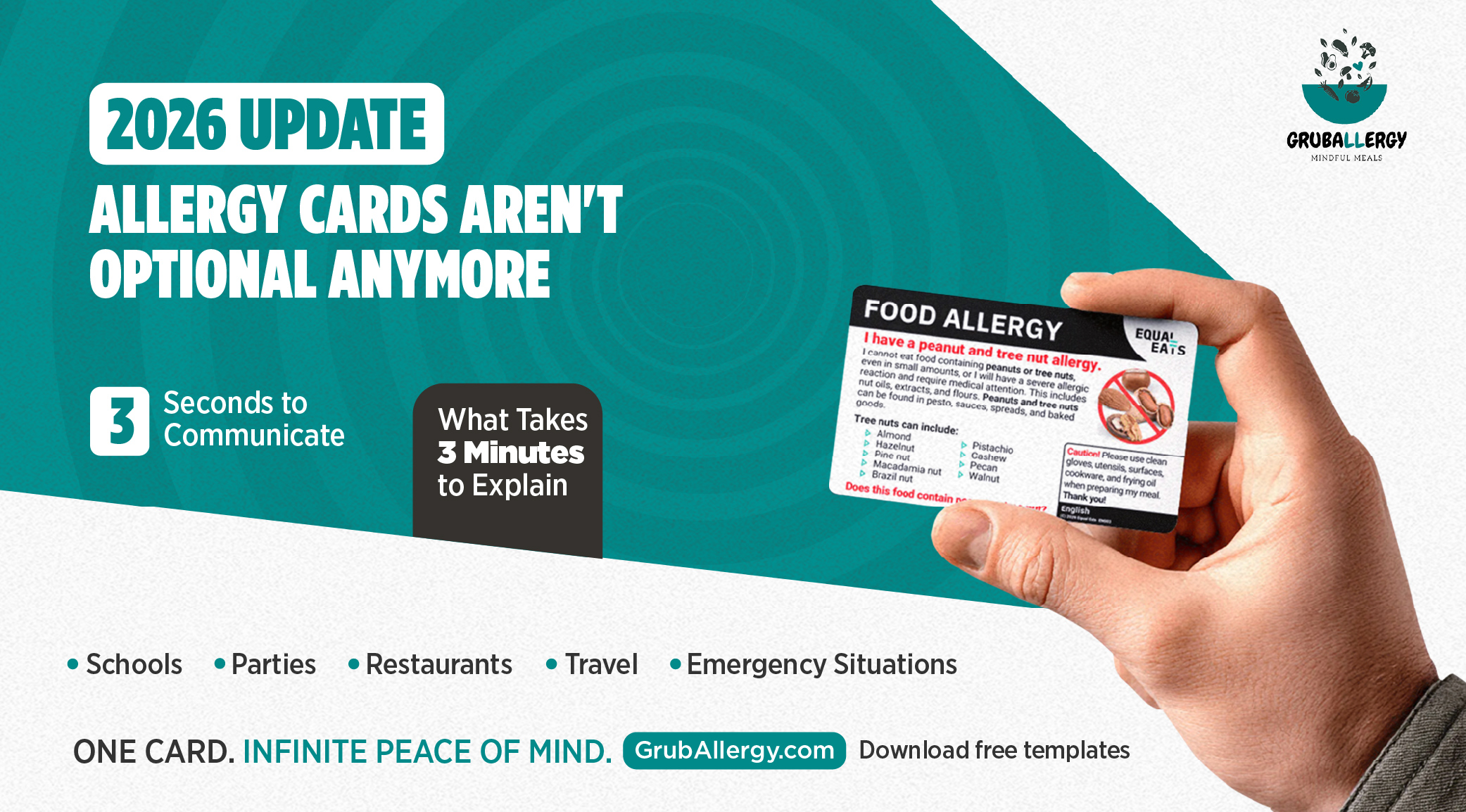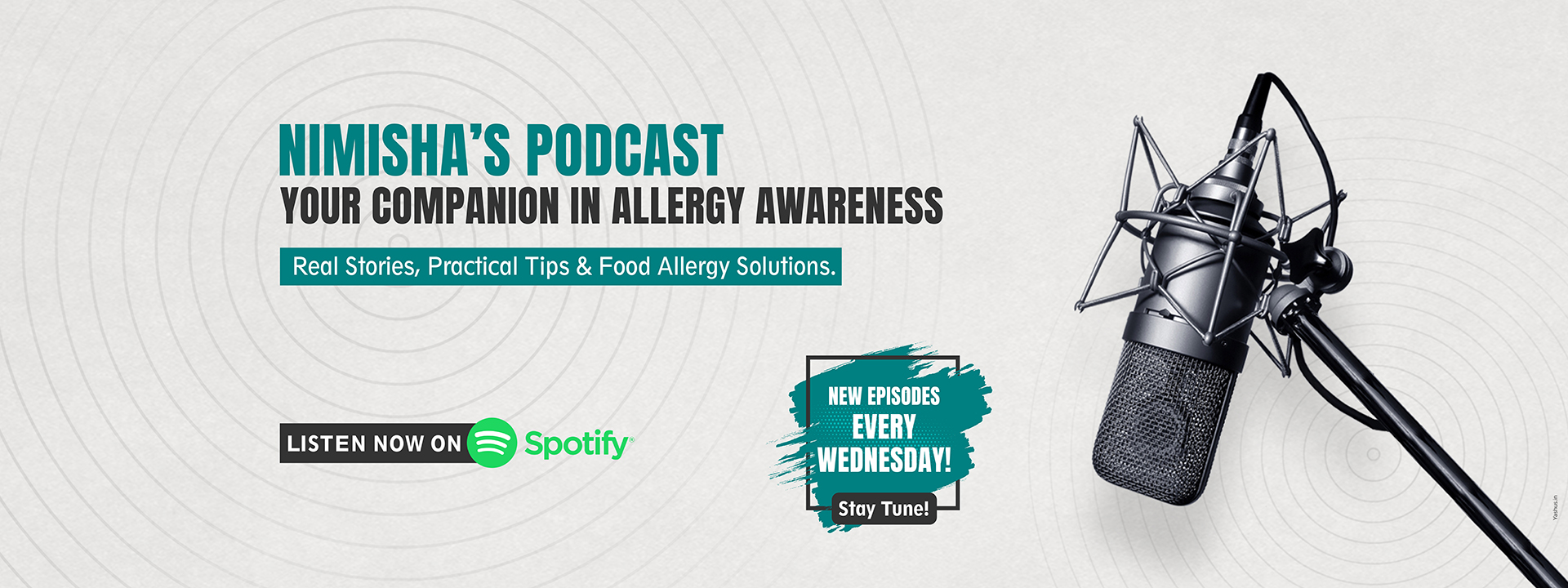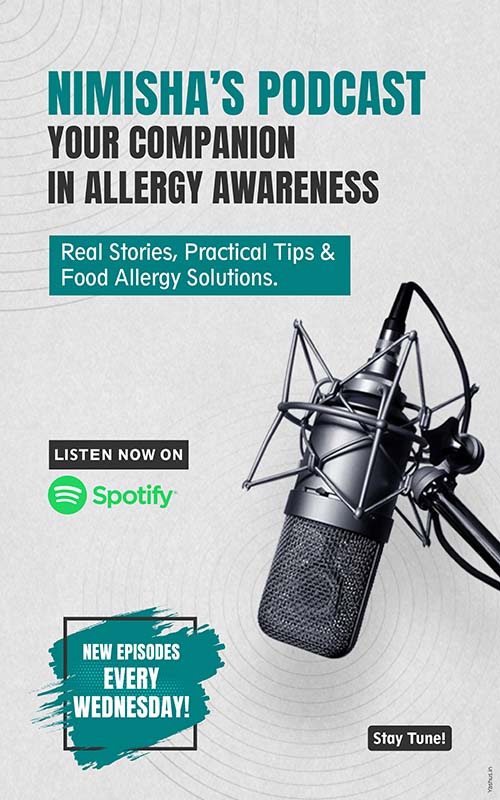.jpg)
Food allergies affect millions worldwide, causing a range of symptoms from mild discomfort to life-threatening reactions. While we often focus on the immune system's role in allergies, emerging research suggests that hormones may also play a significant part in how food allergies develop and manifest. But what exactly is the connection between food allergies and hormones? Let’s explore.
Understanding Food Allergies
Food allergies occur when the immune system mistakenly identifies a harmless food protein as a threat. This triggers an immune response, releasing chemicals like histamine that cause symptoms such as hives, swelling, digestive upset, or even anaphylaxis.
Common food allergens include nuts, dairy, shellfish, eggs, and wheat. Though the immune system is central to allergic reactions, factors influencing its behavior such as hormones are gaining attention.
The Role of Hormones in the Immune System
Hormones are chemical messengers that regulate many body functions, including growth, metabolism, mood, and immune responses. Some key hormones that influence immune function are:
-
Estrogen and progesterone: Predominantly female sex hormones, they can modulate immune cells’ activity.
-
Cortisol: Known as the stress hormone, it has immunosuppressive effects.
-
Thyroid hormones: These regulate metabolism and also impact immune cell behavior.
Since immune responses are influenced by hormones, it makes sense that changes in hormone levels could affect allergies.
How Hormones May Influence Food Allergies
1. Gender Differences in Allergies
Studies show that food allergies are more common in males during early childhood but tend to be more prevalent in females after puberty. This shift suggests that sex hormones like estrogen and progesterone may influence allergy development or severity.
2. Hormonal Fluctuations and Allergy Symptoms
Women with food allergies sometimes report changes in symptom severity during menstrual cycles, pregnancy, or menopause times when hormone levels fluctuate significantly. For example:
-
During menstruation, some women experience worsened allergy symptoms, possibly due to estrogen and progesterone fluctuations.
-
Pregnancy can alter immune responses to protect the fetus, sometimes improving or worsening allergic conditions.
-
Menopause involves a drop in estrogen, which might also change allergy symptom patterns.
3. Stress Hormones and Allergic Reactions
Cortisol, released during stress, suppresses inflammation but chronic stress can dysregulate this system. This imbalance might exacerbate allergic reactions or make the body more sensitive to allergens.
What Does This Mean for Allergy Management?
Understanding the hormone-allergy connection can help personalize allergy treatment. For instance:
-
Monitoring allergy symptoms alongside menstrual cycles might help women anticipate and manage flare-ups.
-
Stress management techniques could reduce cortisol-related immune dysregulation.
-
Hormone therapies might someday be tailored to influence immune responses in allergic individuals.
Current Research and Future Directions
Scientists continue to investigate how hormones interact with the immune system in allergic diseases. More studies are needed to clarify mechanisms and develop targeted therapies.
Meanwhile, if you suspect your allergy symptoms vary with hormonal changes, consider tracking your symptoms and discussing this with your healthcare provider.
Final Thoughts
The relationship between food allergies and hormones is complex but undeniably important. Hormones influence immune function in many ways, and their fluctuations may explain why allergy symptoms can change over time or differ between individuals. By paying attention to these connections, we can move toward better allergy management and improved quality of life.
FAQ

You may also like
Leave a Reply

Get a free consultation with GrubAllergy.
Share your child's food allergy history, and let us guide you with expert advice on managing and navigating food allergies with confidence.



.png)







